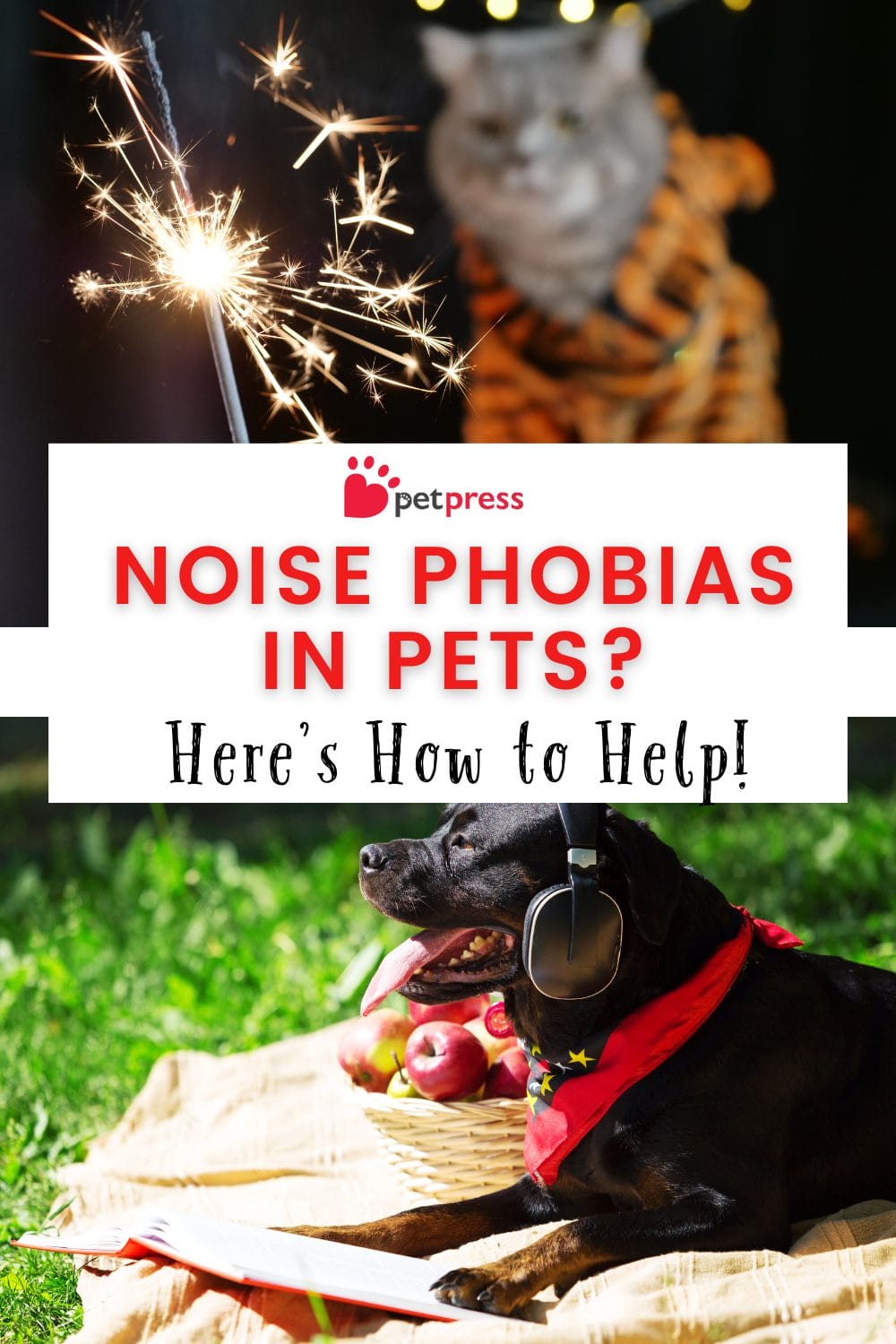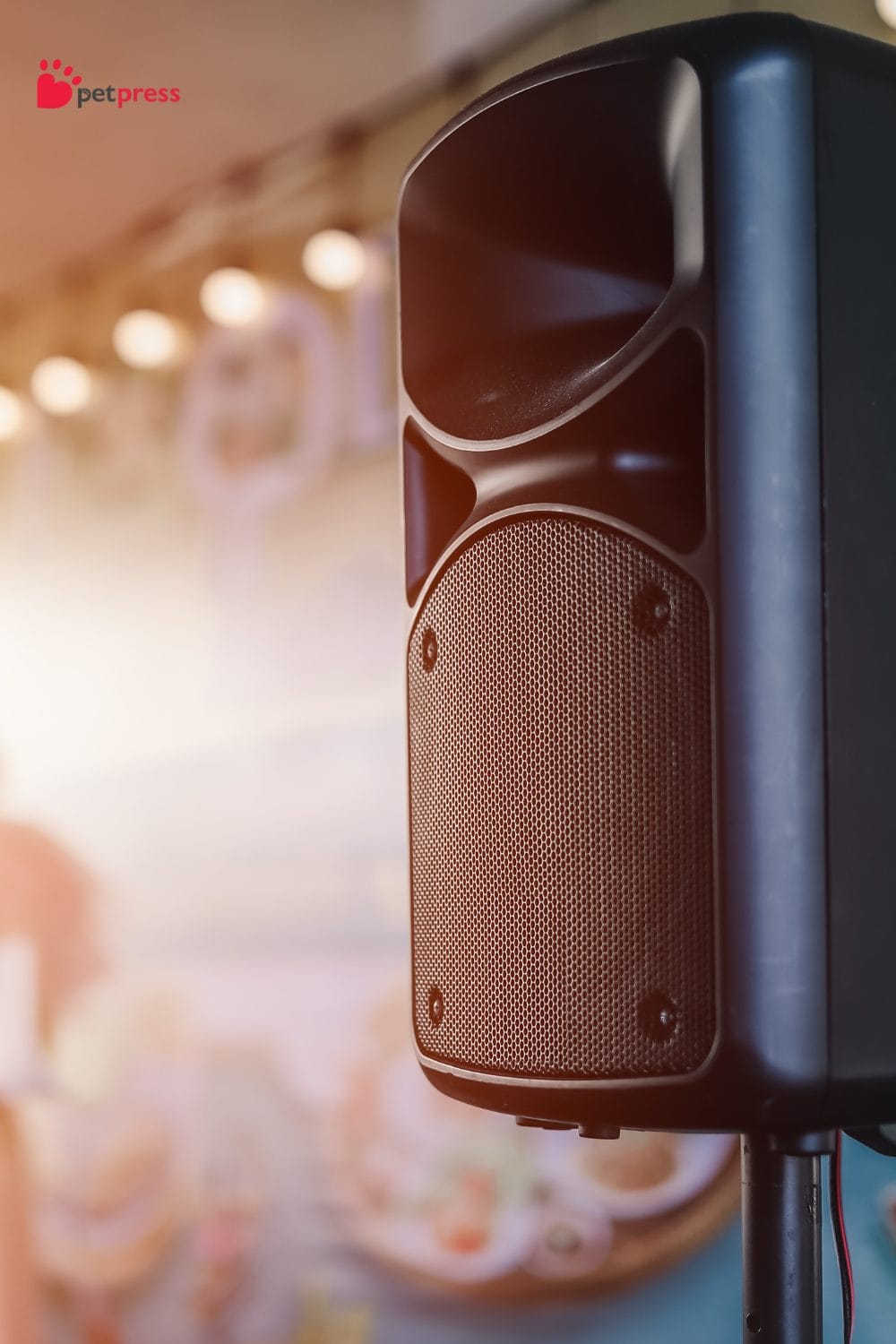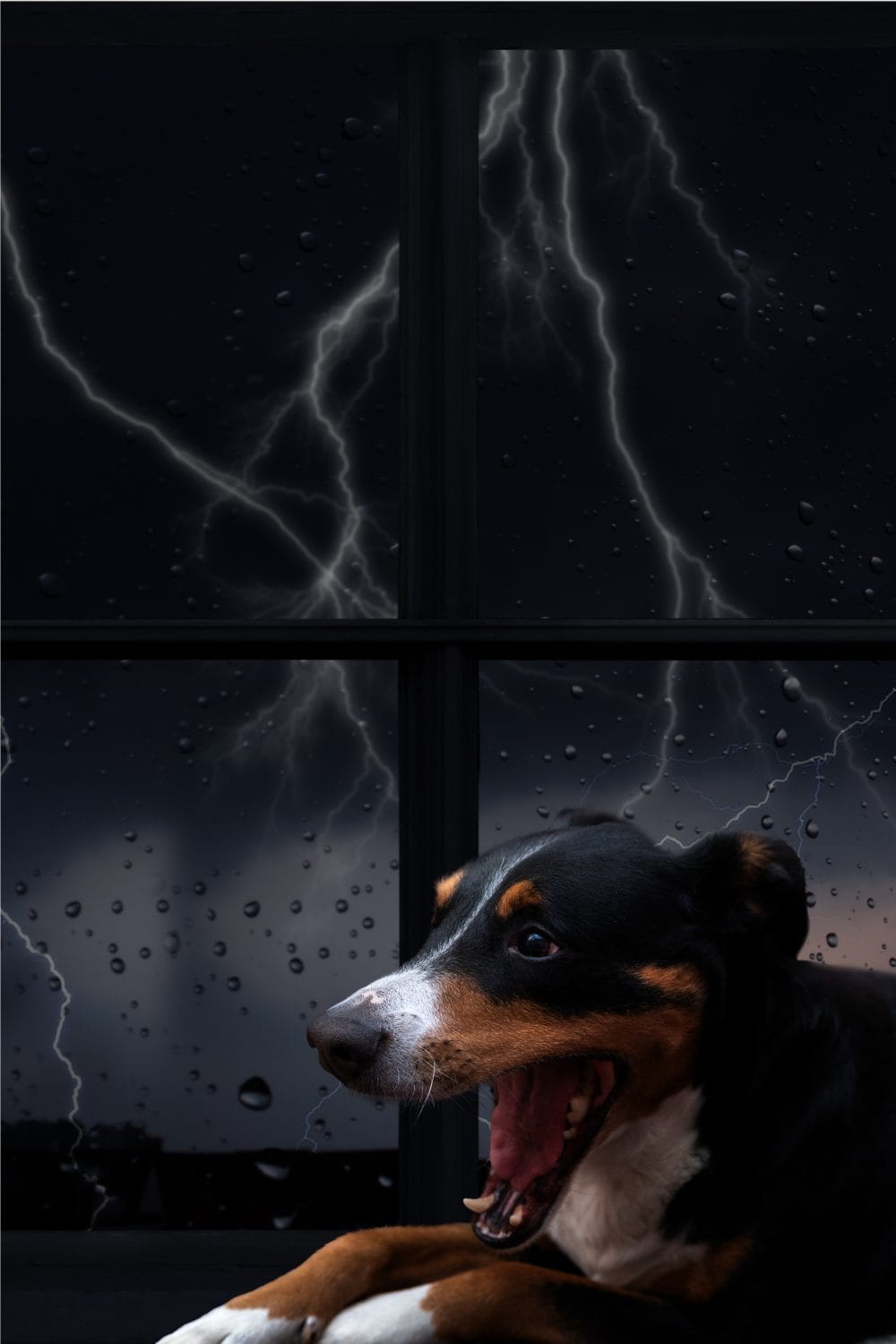
Does your pet hide or tremble when it hears loud noises? If so, they might have noise phobias in pets. This common issue can make your furry friend scared during thunderstorms or fireworks. But don’t worry, you’re not alone, and there are ways to help!
Understanding that noise phobias in pets are common is the first step to finding a solution. Just like people, pets can feel scared of sudden, loud sounds. In this article, we’ll explore some simple, effective methods to calm your pet and restore peace at home.
Signs Your Pet Might Have a Noise Phobia
Pets show fear in different ways, here are a few common signs:
- Hiding: They might tuck themselves away in a closet or under a bed.
- Shaking or Trembling: Noticeable shivering that starts with loud noises.
- Excessive Barking or Howling: A reaction to try to combat the noise.
Common Causes of Noise Phobias
Noise phobias in pets can start from various sources:
- Thunderstorms: The loud booms can be terrifying for pets.
- Fireworks: Celebrations for us can be scary for them with unexpected bangs.
- Loud Vehicles: The roar of motorcycles or trucks can trigger anxiety.
Each pet may react differently, so knowing these signs and causes can help tailor the care needed to help your furry friend feel safer.

Quick Tips to Help Your Pet During Noisy Events
Noisy events can be stressful for pets. Here are some simple actions you can take to help keep them calm and comfortable.
- Create a Safe Space: Set up a quiet, comfortable area where your pet can feel secure. This might be a room with curtains drawn and soft bedding.
- Play Soft Music: Background noise, like classical music, can help mask the scary sounds from outside.
- Keep Your Routine: Pets find comfort in routine. Try to keep their feeding and walking schedule consistent even during noisy events.
- Close Windows and Doors: This helps reduce the noise level and prevents your pet from escaping when scared.
- Provide Distractions: Toys and treats can keep your pet busy and help take their mind off the noise.
- Stay Calm: Pets often mirror their owner’s emotions. If you stay calm and relaxed, it can help your pet feel safer.
- Consider a Comfort Item: A piece of your clothing can be comforting to your pet because it smells like you.
- Use Calming Treats: Some pet stores sell treats designed to help calm pets. These can be especially useful during noisy events.
- Practice Desensitization: Gradually expose your pet to sounds at a low volume to lessen their fear over time.
- Consult Your Vet: If your pet’s noise phobia is severe, ask your vet about other options, such as medication or therapy.
Remember, you are your pet’s biggest source of comfort. By staying calm and providing a safe environment, you can help ease their fear during noisy events.

Long-Term Strategies to Manage Noise Phobias in Pets
Noise phobias in pets don’t vanish overnight. With the right long-term strategies, you can greatly reduce their anxiety.
Training Techniques to Desensitize Pets to Noise
- Start Slow: Begin with playing the frightening noises at a very low volume. Do this while your pet is calm and happy.
- Increase Gradually: As your pet seems less bothered, slowly turn up the volume over several days or weeks. Reward them for staying calm.
- Consistent Practice: Regular sessions help your pet get used to the noise. This reduces their fear over time.
The Role of Professional Help From Vets or Animal Behaviorists
- Expert Guidance: Sometimes, pets need a bit more help. Vets and animal behaviorists can offer specialized plans tailored to your pet’s needs.
- Advanced Techniques: Professionals might use advanced desensitization techniques that are not easy to implement at home. They can also prescribe medications if necessary to help manage anxiety.
By investing time in these strategies and seeking help when needed, you create a calmer environment for your pet.
Tools and Products That Can Help
There are several products designed specifically to help manage noise phobias in pets. These tools can make a big difference in how your pet reacts to scary sounds.
- Calming Collars: These collars release pheromones that mimic the natural chemicals produced by mother pets to calm their young. Wearing this can help your pet feel safer and more relaxed during noisy events.
- Soundproof Crates: A soundproof crate provides a quiet sanctuary for your pet. It minimizes the noise level, helping your pet stay calm when loud noises occur.
- White Noise Machines: These devices produce soothing sounds that can mask the frightening noises. They work by drowning out the erratic sounds of fireworks or thunder with a steady, calming audio backdrop.
These tools are beneficial because they address the immediate need for calm and security in pets with noise phobias. By using these products, you can help your pet feel less anxiety during stressful situations, making your home a peaceful place for everyone.

When to Seek Professional Help
Sometimes, home remedies aren’t enough to ease your pet’s fear. It might be time to consult a professional.
If your pet’s fear leads to destructive behavior or seems to get worse, it’s time to talk to a vet. Signs like constant shaking, hiding, or even aggression can indicate that professional help is necessary.
A vet might suggest behavior therapy, which helps pets become less afraid of noises. They could also recommend medications to temporarily calm your pet during particularly loud events.
Seeking help from a professional can significantly improve your pet’s quality of life. If noise phobias in pets disrupt everyday activities, it’s important to consider this option.
Conclusion
Noise phobias in pets can be challenging for both you and your furry friend, but remember, you’re not alone in this. From creating a safe, quiet space to using specialized tools, there are many ways to help your pet feel more secure. With patience and the right techniques, you can help ease their fears.
It’s important to be patient and supportive, as overcoming noise phobias doesn’t happen overnight. Your understanding and reassurance can make a big difference in your pet’s recovery process. By offering consistent support, you teach them that they can trust you to keep them safe.
FAQs
Noise phobias are intense, irrational fears of loud sounds that cause distress or panic in pets, typically resulting in hiding or escaping behaviors.
While any pet can develop noise phobias, it’s particularly common in dogs. However, cats and other animals can also be affected.
Common triggers include thunderstorms, fireworks, loud music, and construction noises. Each pet, however, may react to different sounds.
Create a safe space in a quiet area of your home, use soothing music or white noise, and stay calm and present to reassure them.
Early exposure to various sounds in a controlled, positive manner can help prevent noise phobias. Regular training and socialization also play a key role.
- Does Cat Litter Melt Ice? The Complete Guide to Winter Safety - January 30, 2026
- Happy Tail Dogs: Understanding This Common Canine Condition - January 29, 2026
- How Cold Can Outdoor Cats Handle? Feline Winter Safety - January 27, 2026


GIPHY App Key not set. Please check settings